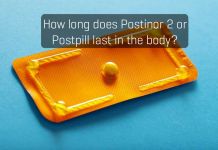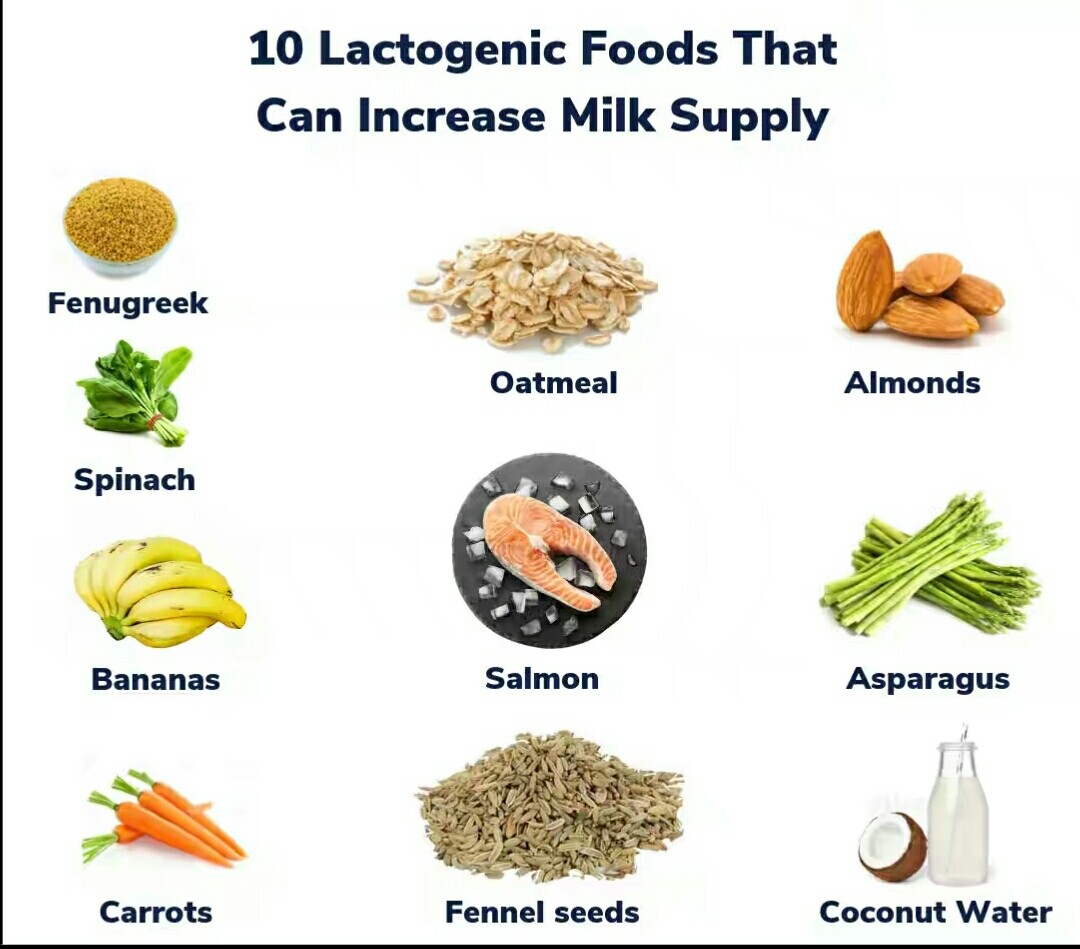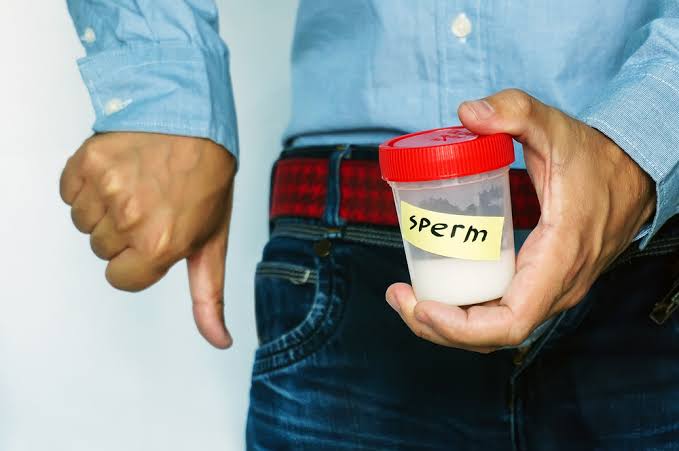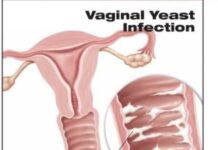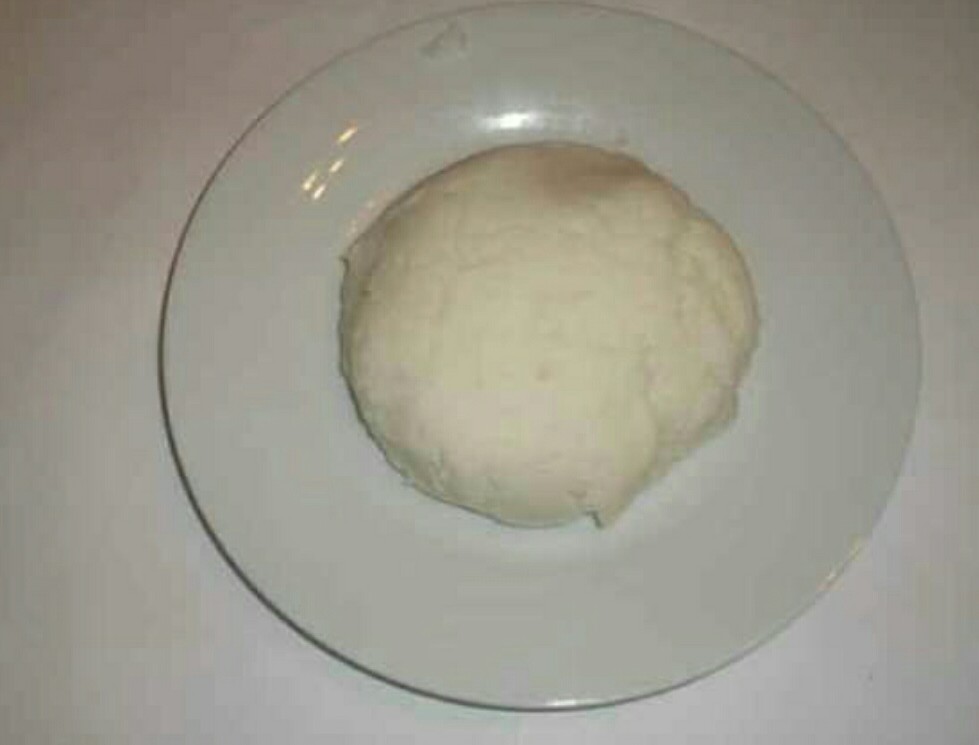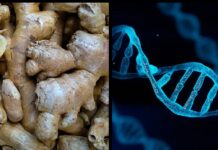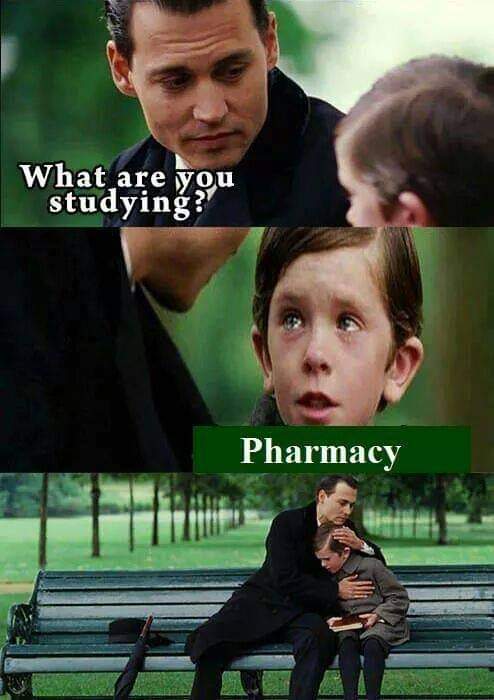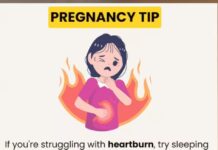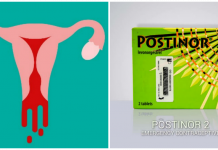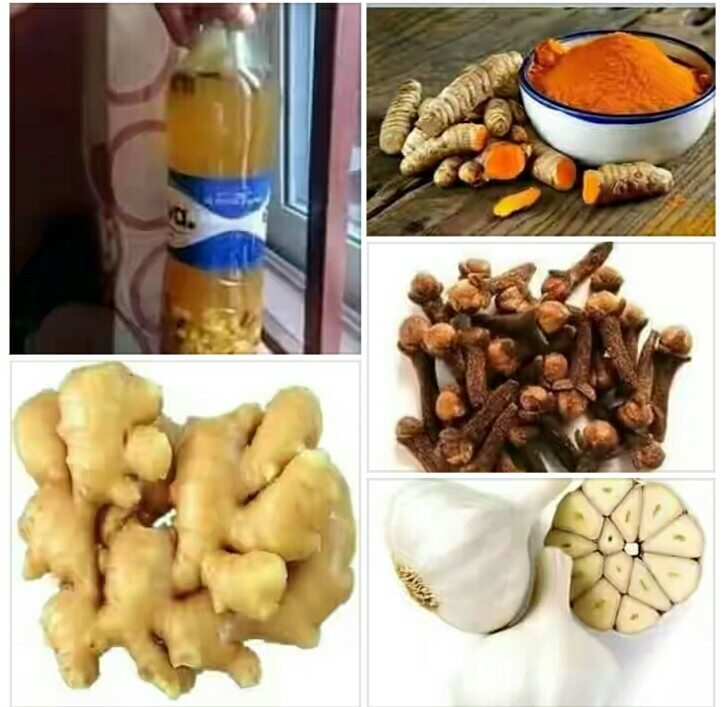How many branches of pharmacy are there?
*WHO IS A PHARMACIST and what does HE DO*
Pharmacy defines a Pharmacist; an act, medicine shop and a profession studied in the university as a #faculty” by some individuals with extraordinary abilities called Pharmacists.
Pharmacy is a dynamic profession which changes with changes in patient’s health needs: from the days of mixtures and concoctions (apothecary) to the “one =3times daily” (diploma pharmacy) to a more patient oriented form (B. Pharmacy) and today; to the most patient oriented form with a core demonstration of pharmaceutical care (Doctor of pharmacy) worldwide.
Just as he studies a whole “faculty” instead of a just “department”, the quantum of knowledge he has equals the make up of that faculty.
How many branches of pharmacy are there?
Branches of Pharmacy
Pharmacy is comprised of the following departments, created alongside it’s expansion to meeting patient’s health needs:
* Pharmacognosy: teaches herbs, plants and roots with medicinal/biological activities.
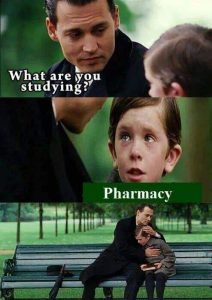
* Pharmaceutics and Pharmaceutical technology: teaches how to formulate the herb and root into acceptable forms “tablets, capsules, syrups, suspensions, injections, caplets, etc
* Pharmacology: teaches the difference between medicines and drugs, as it explains how each “drug” works, what leads to every side effects, what dose is good for man, what body does to drug and what drug does to the body.
* Pharmaceutical chemistry: Teaches the chemical profile/composition of each drug, further differentiates between drug and medicine, helps modify drug to become medicine devoid of adverse effects, helps in discovering new drugs and mimic the chemical extract of the herb.
* Pharmaceutical microbiology: Teaches the methods of protecting medicines from microbial activities, and ensures purity of medicines made available for patients.
* Veterinary Pharmacy: Just as we have diseases bothering animals, some of which can be transmitted to human, there are medicines developed for their treatment, and this department teaches the diseases and the use of medicines on them.
* Clinical Pharmacy: Just as all the above departments talk more of medicines, their safety and efficacy, this department teaches grossly,the patient’s interaction with his medication,diseases,their symptoms, causes and management, monitoring the patients medication and its administration patterns, and the outcome,looks into reasons to every outcome,drug therapy problems and proffers intervention.
* Pharmacy practice and Management: teaches the business aspect of pharmacy, drug laws, managerial skills and business administration etc.
#Note: whoever studies/passes through #just_one” of this courses/departments “is not a pharmacist”.
• He cares about you without consultation charges….. He’s a pharmacist.
• He’s there in your community, attends to your urgent health needs without first subjecting you to a”queue”…. He’s a pharmacist.
• Because of his wide knowledge in health care and in business, he understands your financial plight and helps you get most “cost effective” treatment… He’s a pharmacist.
• You react to a substance, he understands as the custodian of “drugs”, and helps you….. He’s a pharmacist.
• Knowing that any mistake he makes in drug formulation can wipe a whole nation, he adopts carefulness as a lifestyle….. He’s a pharmacist.
“I respect my pharmacist exactly the way I respect the ‘magical’ activities of medicines he produces.”
Chuka Amukamara (Bpharm, PharmD, FPANS, MADF)




